Let’s find out how much an electric oven consumes, what are the precautions to take when purchasing it and the advantages of having a more efficient one
Electric ovens are home appliances common found in many cuisines around the world. However, few realize that using them can have a significant impact on your energy bill. The energy class of the oven is a determining factor for energy consumption, as it indicates energy efficiency of the appliance. Ovens with a higher energy class consume less energy to operate and are therefore more environmentally friendly and economical. On the other hand, ovens with a energy rating lower can consume a lot of energy unnecessarily and increase the cost of energy bills.
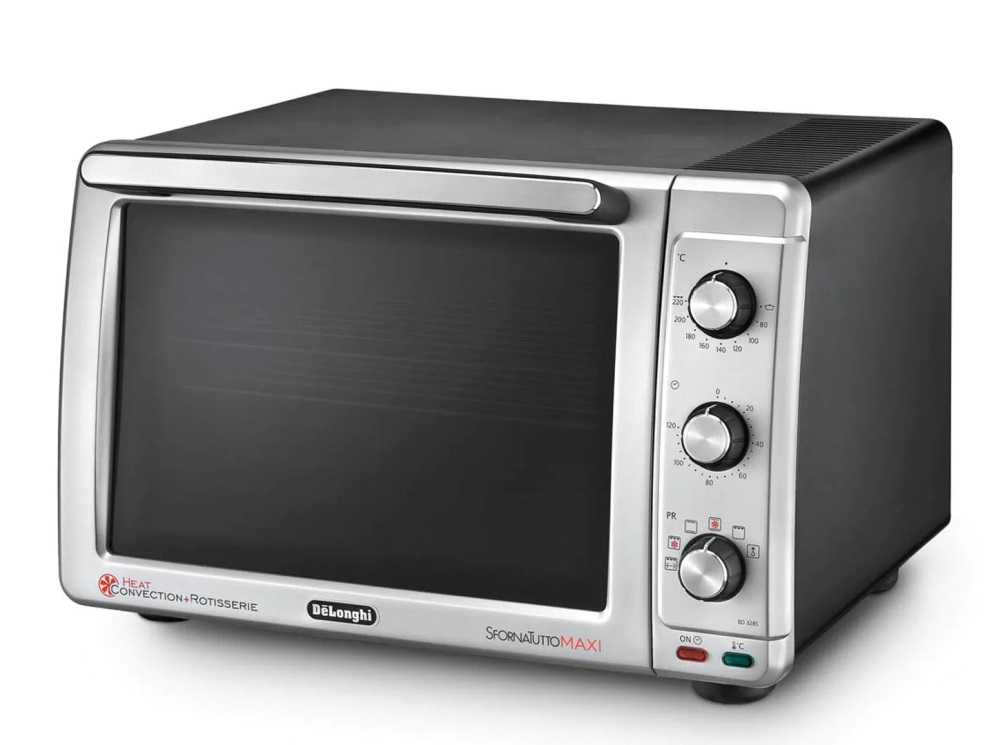
What variables does consumption depend on? | How much does an electric oven consume
There are several variables that can affect the consumption of an electric oven. Firstly, the energy class of the oven is an important factor, as mentioned earlier, as it indicates the energy efficiency of the appliance. Secondly, the dimension oven temperature and the ability to cook large quantities of food can affect energy consumption. For example, a larger oven will require more energy to heat up and maintain temperature. Thirdly, the frequency Oven usage is another important variable to consider, as an oven that is used frequently will consume more energy than one that is used less frequently. Fourthly, the duration from the baking and the set temperature can also affect the energy consumption. In the end, thermal insulation of the oven and the quality of the oven door seal can influence the amount Of heat lost during the cooking process, which can have an impact on the consumption Of energy total.
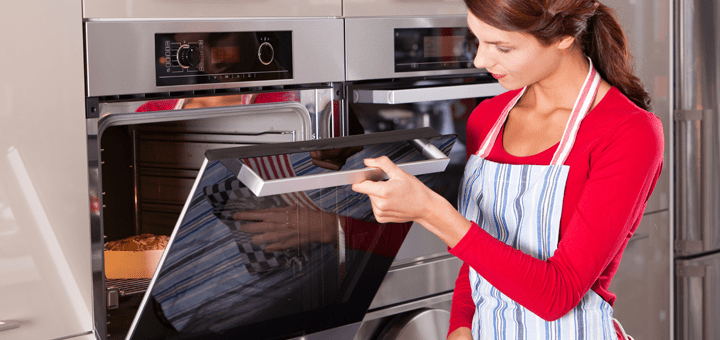
Consumption by energy class | How much does an electric oven consume
Below we want to leave you a list of average consumption electric ovens by cooking cycle based on energy class, from A to G:
- Class A: average energy consumption less than 0.50 kWh/cooking cycle.
- Classe B: average energy consumption between 0.50 and 0.59 kWh/cooking cycle.
- Class C: average energy consumption between 0.60 and 0.69 kWh/cooking cycle.
- Class D: average energy consumption between 0.70 and 0.99 kWh/cooking cycle.
- E class: average energy consumption between 1.00 and 1.19 kWh/cooking cycle.
- Classe F: average energy consumption between 1.20 and 1.39 kWh/cooking cycle.
- Classe G: average energy consumption between 1.40 and 1.59 kWh/cooking cycle.
Note that these are average values, and actual consumption will depend on multiple factors such as those listed in the paragraph preceding this one.
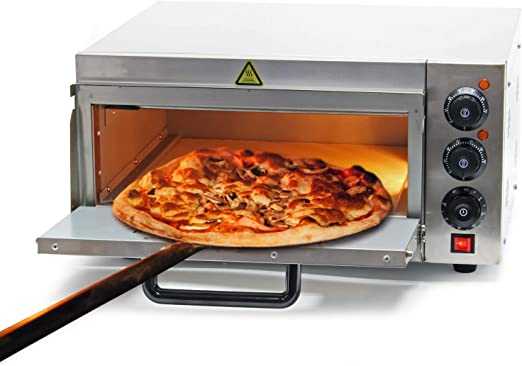
Conclusions | How much does an electric oven consume
In conclusion, the consumption of an electric oven depends mainly on its energy rating. Opting for an oven with a high energy class, such as those in classes A and B, can mean a significant reduction in electricity bill costs. Fortunately, many appliance manufacturers are increasingly focusing their efforts on making energy-efficient products. For example, brands like Bosch, Siemens, Electrolux e Whirlpool, offer a wide range of electric ovens Class A. These manufacturers are committed to creating increasingly eco-sustainable and energy-efficient appliances, in line with European energy saving regulations. Choosing a high energy class electric oven can therefore be an excellent choice for both the wallet that for the environment.
What do you think of these do you consume? Let us know with a comment below and continue reading techgameworld.com to stay updated on the latest news and more.







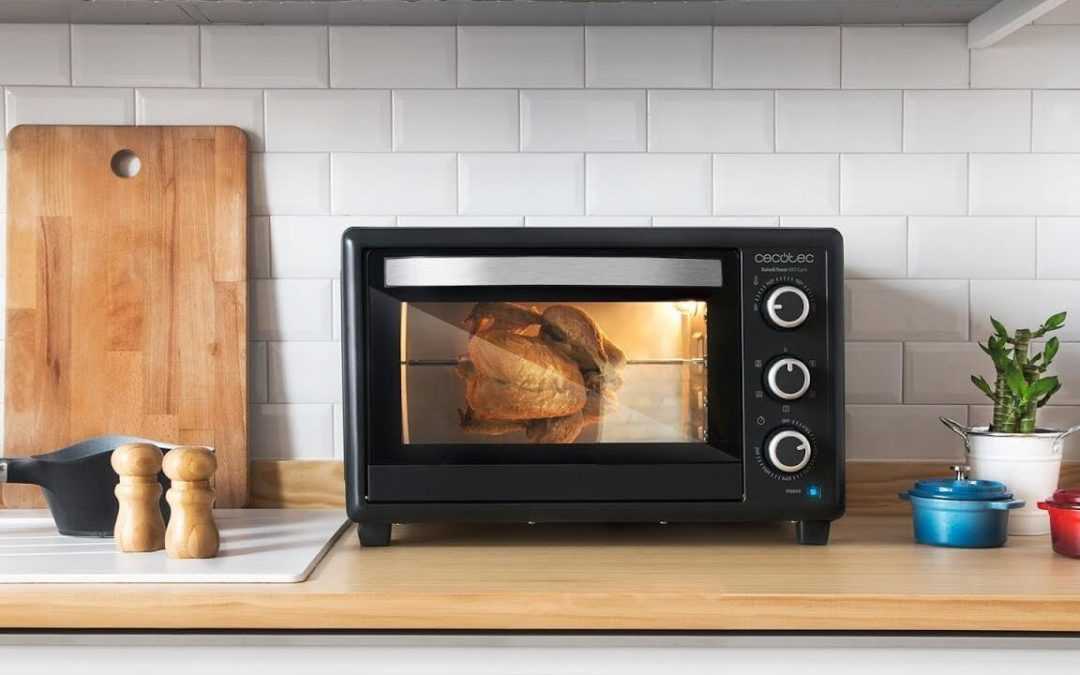




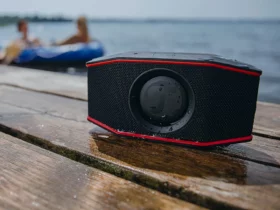



Leave a Reply
View Comments